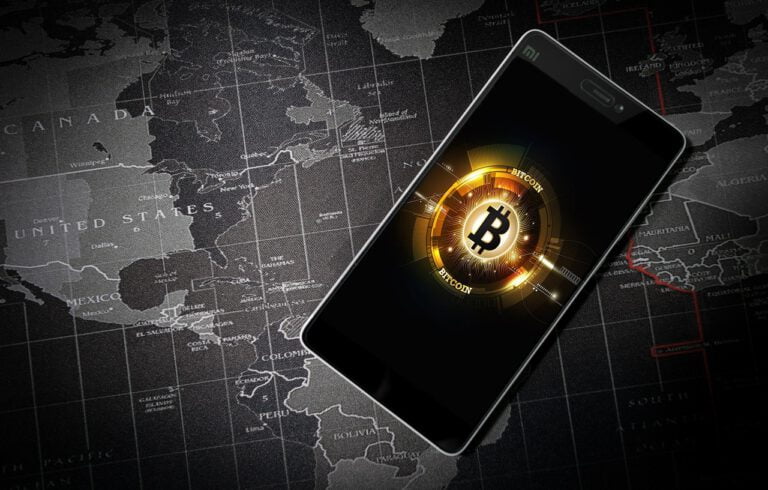PayPal Censorship Highlights Bitcoin’s Importance

When I talk about bitcoin, I usually focus on its importance as independent, scarce money. And how it’s a hedge against inflation.
What I don’t talk about enough is the importance of bitcoin’s uncensorable nature — the fact that no one can block a bitcoin transaction from going through.
This was famously demonstrated when WikiLeaks started accepting bitcoin donations back in June 2011. Visa, Mastercard, and PayPal had all banned WikiLeaks from accepting donations through their payment networks after the organization leaked classified military documents.
WikiLeaks founder Julian Assange claimed that his organization made a 50,000% gain on that donated bitcoin. And that was back when bitcoin was around $5,814. Bitcoin basically saved WikiLeaks during the financial blockade.
Interestingly, in 2010 bitcoin creator Satoshi Nakamoto pleaded with WikiLeaks to not accept bitcoin. He was concerned about controversy and didn’t think the network was mature enough for such large-scale adoption. Here’s one of Satoshi’s last posts on the Bitcointalk forum:
The project needs to grow gradually so the software can be strengthened along the way. I make this appeal to WikiLeaks not to try to use bitcoin. Bitcoin is a small beta community in its infancy. You would not stand to get more than pocket change, and the heat you would bring would likely destroy us at this stage.
Today, the bitcoin network is rock-solid. Its security and durability has been tested since 2009. It is successfully serving as an uncensorable form of money and is used by citizens all around the world as an alternative currency. Wherever inflation is high or access to the financial world is limited, bitcoin is there.
Bitcoin’s uncensorable and scarce qualities are going to be increasingly important going forward.
PayPal Moves to Cut Financial Access to Extremists
Last week, news broke that PayPal has partnered with the Anti-Defamation League (ADL) to study the funding of “extremist groups”. And possibly to cut off their access to PayPal.
This sounds good in theory, but who gets to define what “extremist” means? The move has worrying implications for financial freedom, and I don’t think this trend is going away anytime soon.
The news brought a notable reply from David Sacks, an early PayPal executive. In a piece titled “Get Ready for the ‘No-Buy List,’” he wrote:
Our democratized payment system caught fire and grew exponentially with millions of users who appreciated its ease and simplicity. Traditional banks were too slow and bureaucratic to adapt. Instead, the revolution we spawned two decades ago inspired new startups like Ally, Chime, Square, and Stripe, which have further expanded participation in the financial system.
But now PayPal is turning its back on its original mission. It is now leading the charge to restrict participation by those it deems unworthy.
First, in January, PayPal blocked a Christian crowdfunding site that raised money to bring demonstrators to Washington on January 6. Then, in February, PayPal announced that it was working with the Southern Poverty Law Center (SPLC) to ban users from the platform. This week the company announced it is partnering with the Anti-Defamation League (ADL) to investigate and shut down accounts that the ADL considers too extreme.
I strongly recommend reading the entire piece. Financial censorship is a trend that’s only going to accelerate. And with the development of central bank digital currencies, governments will be able to track and block any transaction they don’t like.
That makes alternative, decentralized, and uncensorable payment systems such as bitcoin more important than ever.
Disclaimer: Read our full disclaimer here.




For the concern about financial censorship, I offer that some people WILL do ANYTHING for money. And if some institution shows that there is no limit to what they will do for money, they have just announced that they will support levels of degeneracy below what any can imagine. They have just announced that they believe that there is no such thing as "wrong." I would thus expect such an organization to rip me off whenever they saw a chance to do it without consequence. That is the logical extension of refusing to ever prevent some actions. WHO would choose to deal with such an organization???